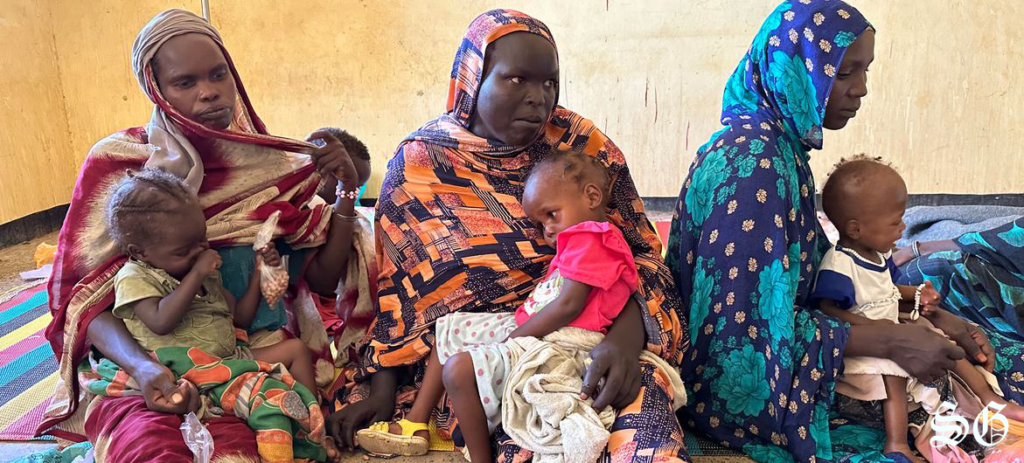Table of Contents
Devastation in Sudan: Over 700 Killed in al-Fashir Amid Siege and Escalating Humanitarian Crisis
The dire humanitarian and security crisis unfolding in al-Fashir, Sudan, exacerbated by the ongoing conflict between the Sudanese Armed Forces (SAF) and the Rapid Support Forces (RSF). Here are key takeaways and implications:

Scale of the Tragedy:
- Over 700 people killed and more than 1,100 injured since May in al-Fashir alone.
- Attacks have targeted densely populated areas and critical infrastructure, including hospitals, underscoring the severity of the violence.
Accusations of War Crimes:
- The UN has suggested that both the indiscriminate shelling by the RSF and airstrikes by the SAF could constitute war crimes.
- Both factions deny targeting civilians but continue to engage in actions causing significant civilian casualties.
Humanitarian Crisis:
- Over 12 million displaced nationwide, with U.N. agencies struggling to meet the population’s basic needs.
- In Zamzam camp, famine conditions affect over half a million people, compounded by continued RSF artillery strikes that have forced many to flee.

Strategic and Ethnic Implications:
- Al-Fashir is a strategic battleground in the broader conflict, with fears of ethnic retribution if RSF forces secure dominance.
- The parallels drawn with West Darfur raise concerns about potential atrocities on an even larger scale.
Calls for Action:
- U.N. Human Rights Chief Volker Türk has called for an immediate end to the siege and a cessation of violence.
- Without significant international intervention or diplomatic efforts, the crisis could further destabilize the region.
This situation requires urgent global attention to mitigate the devastating impact on civilians and address the underlying conflict drivers in Sudan.